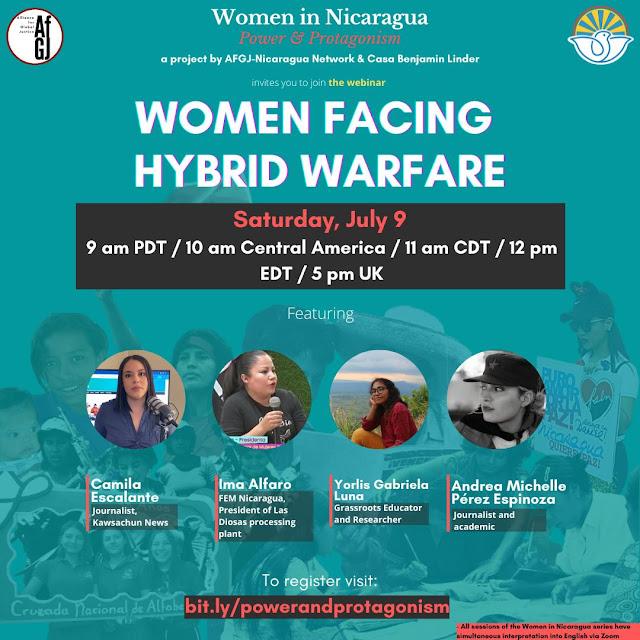On September 17, the New York Times published an article by Anatoly Kurmanaev and Jody García including misinformation and false claims about the US government's efforts to support democracy in Central America.
The article claims that the Biden administration is working to end corruption and impunity in Guatemala, while being inactive as the military backed government “methodically dismantled the last vestiges of independent institutions." The US is supporting this illegitimate government, referring to the Guatemalan ruling class as "democratic allies."
Besides this, Biden lied about stopping the sanctions against Nicaragua, which the U.S. and many "western" countries have been using since the 1980's to squeeze its economy and cause political change.
The article also states that the U.S. aided the return to democracy in Honduras. In fact, the U.S. has always held mutually beneficial relations to the Honduran government which came to power by an U.S. backed coup.

